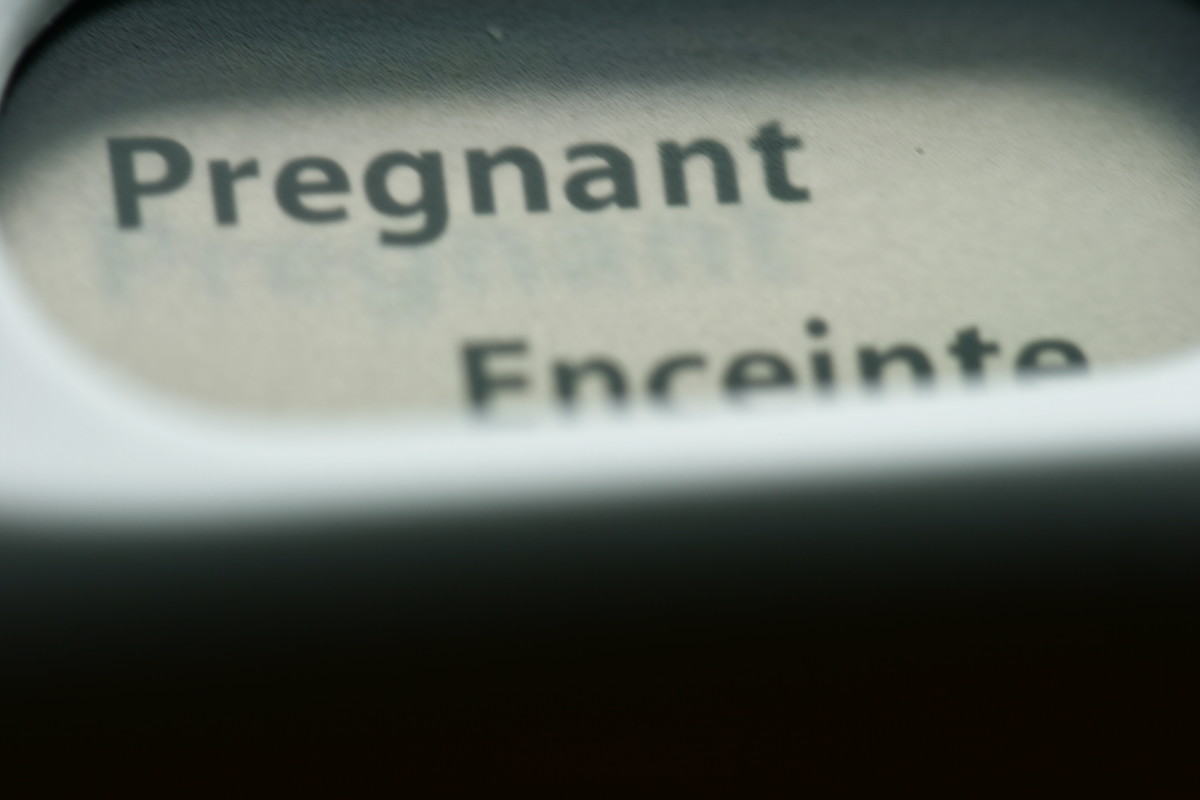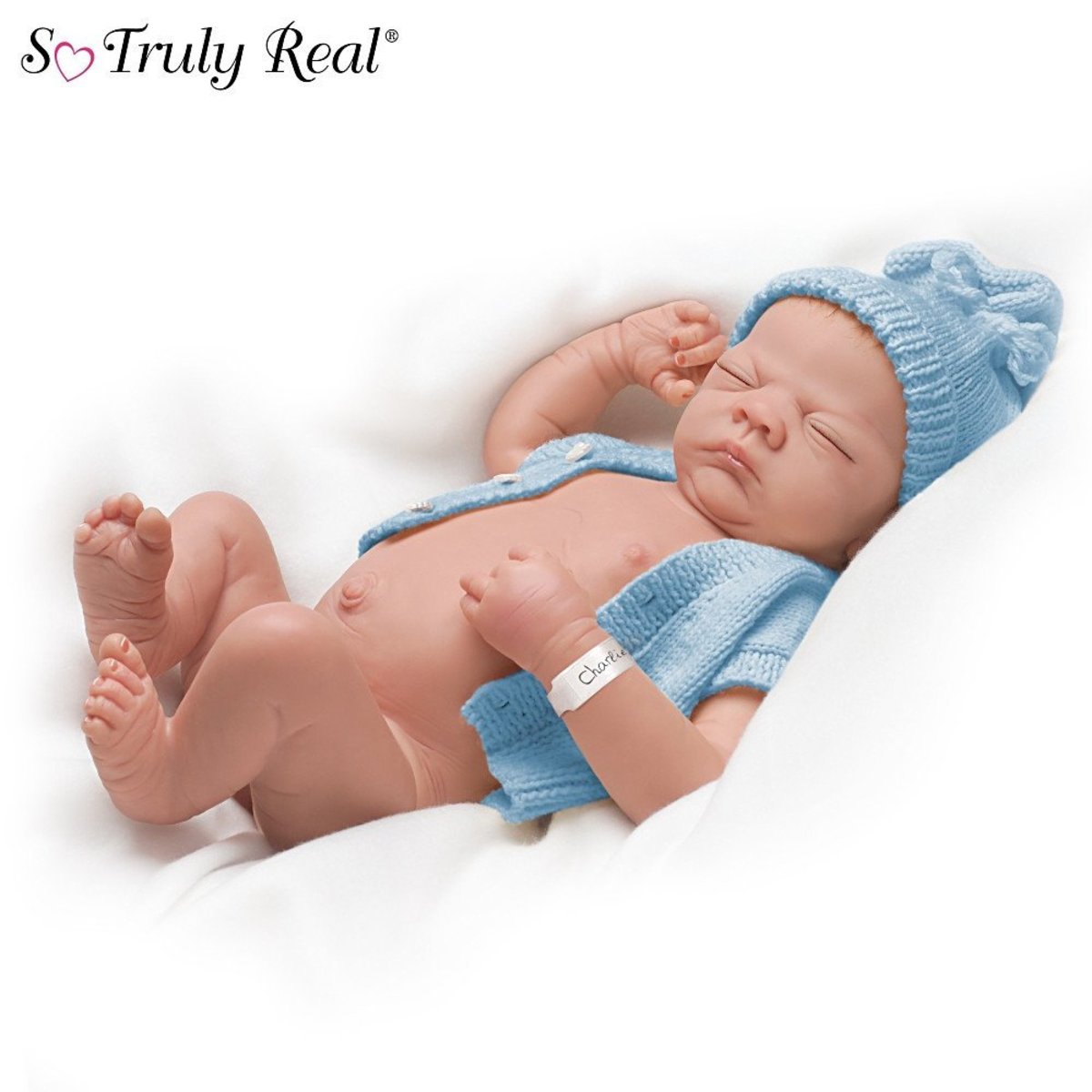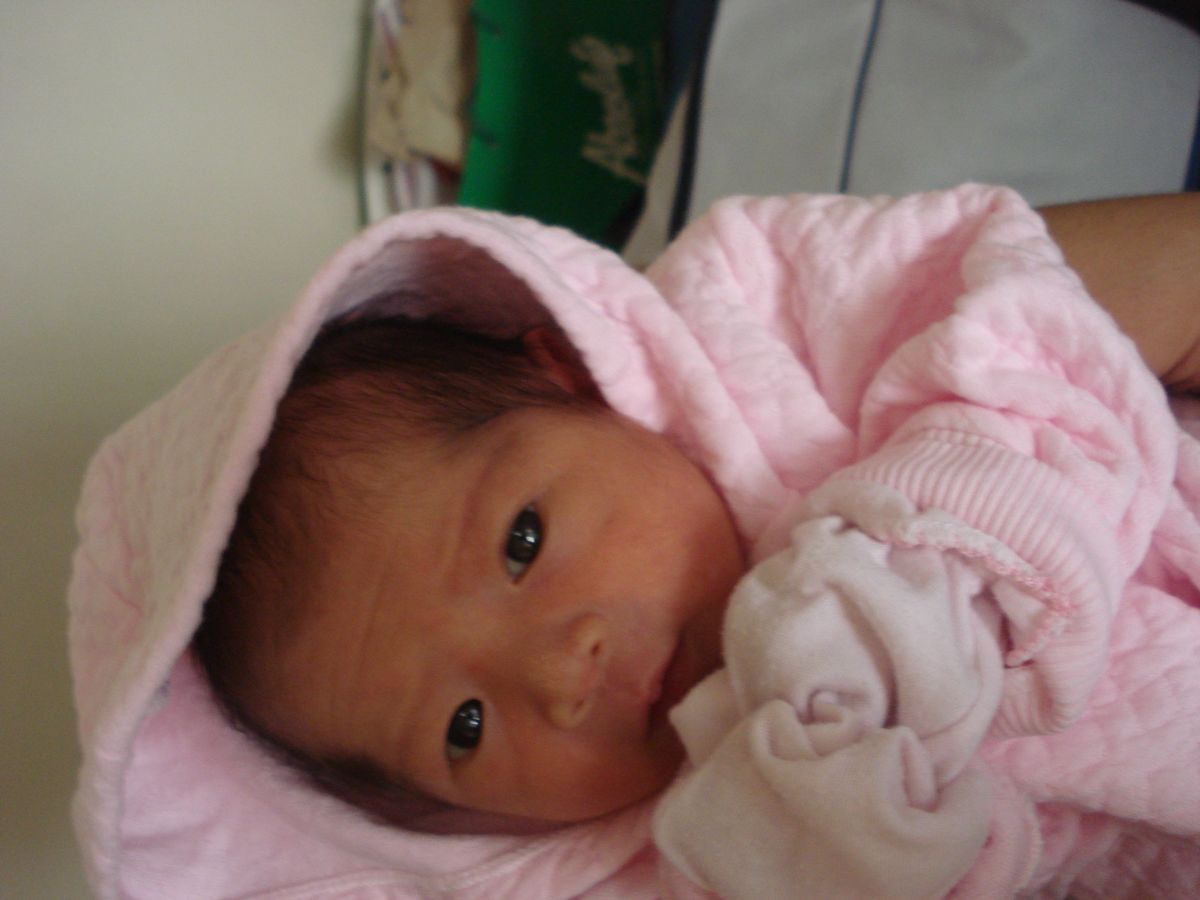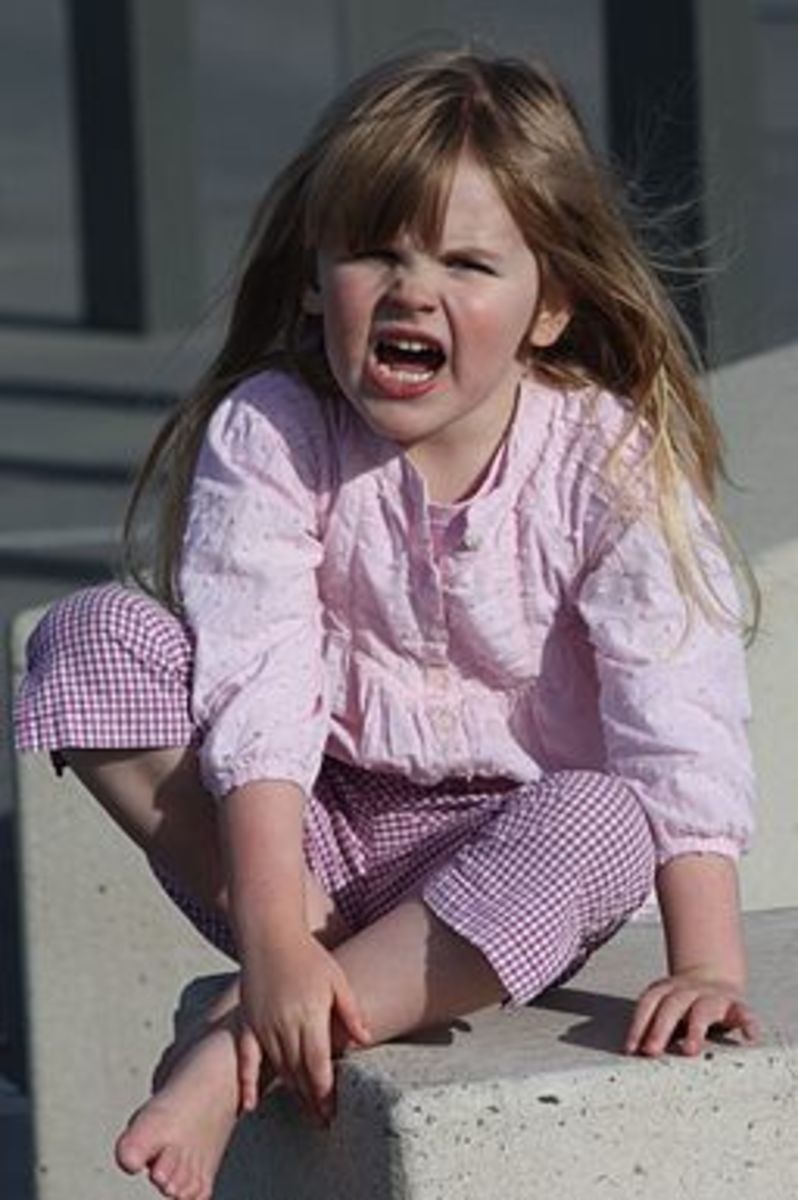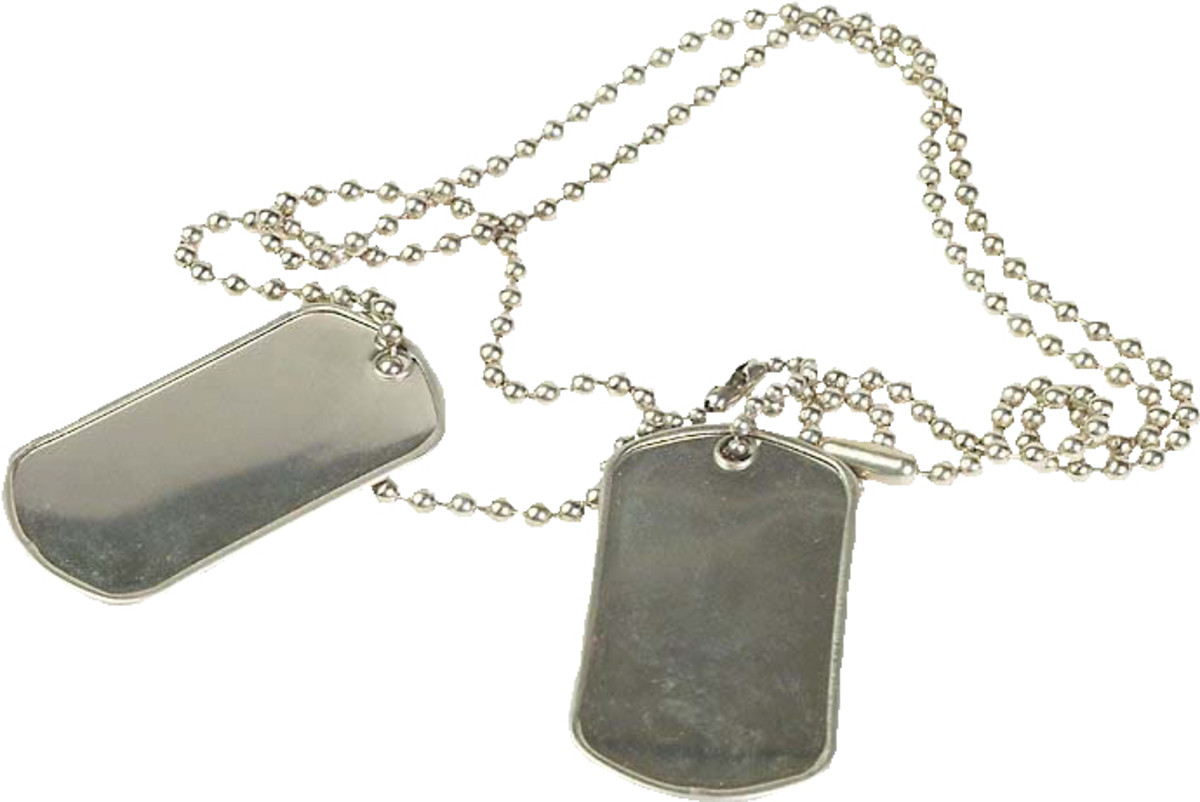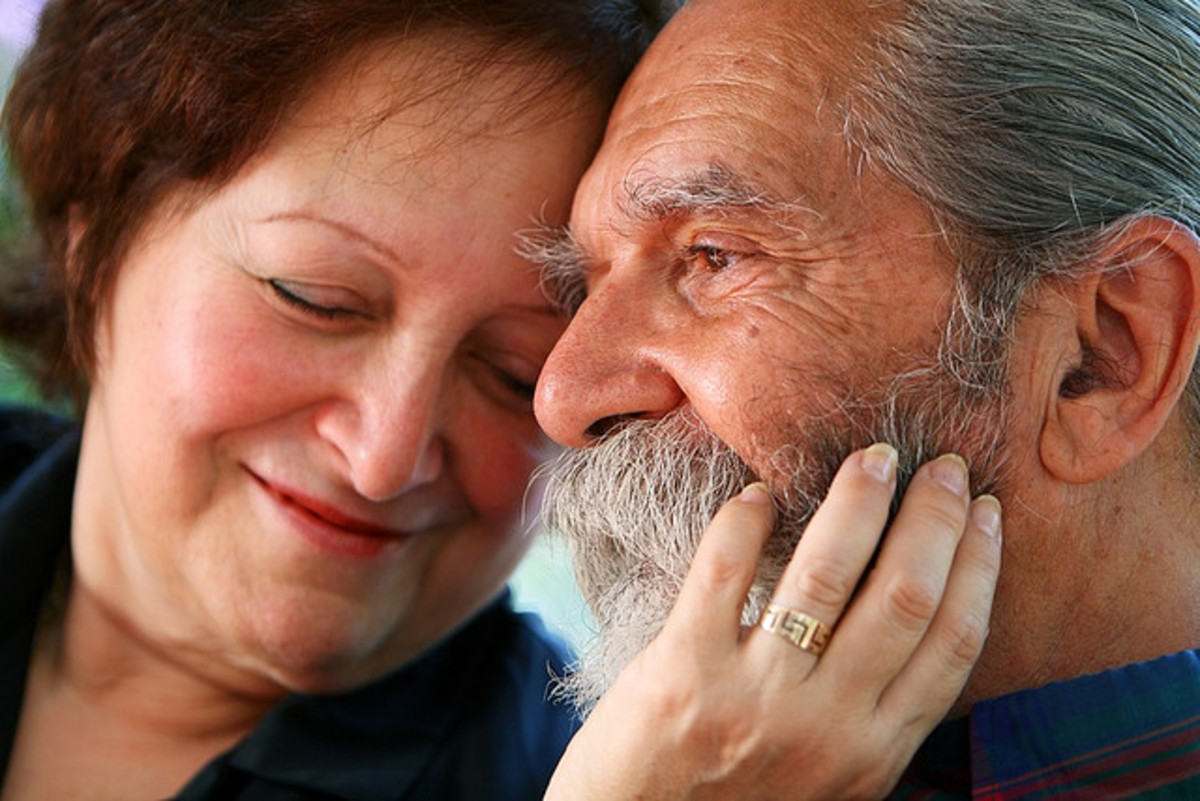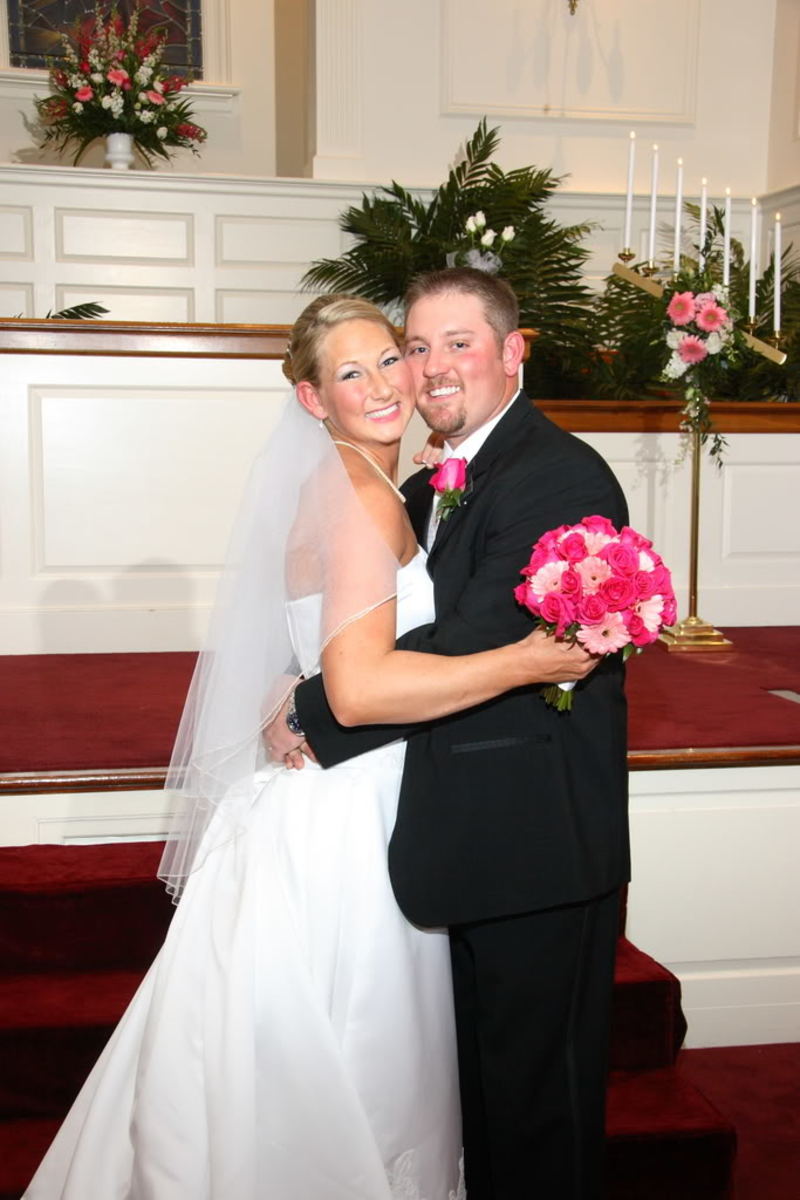How To Understand Baby Talk
When Your Baby Starts To Talk
Once they are a few months old, babies begin to babble. It's normal and desirable, but if you ever wondered why or how, here are the facts on language development in children. If your baby just looked you in the eye and said, "Mahmahdahshplt," don't be too hasty to assume that he'll never understand English. The nonsensical noises that Baby makes are babble - and are a major mile marker on the road to language.
Whether she babbles in English, Spanish, Chinese, or American Sign Language, your child will likely seem similar to other children of her age. She'll babble consonants, imitate planes, and maybe even give you raspberries. Don't worry! She's not upset with you. Babies babble when they are emotionally calm. Babies will spit out repetitive or variegated speech: Ka-ba-mu-mi-doy-doy is a variegated babble, while da-da-da-da-da is, of course, repetitive. Both types of babble or normal and desirable.
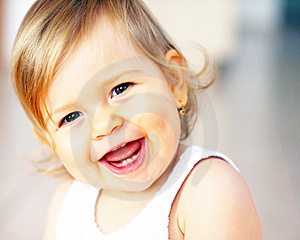
It is important that you talk to your child, even when he or she communicates with you in language that you cannot understand. Babies are born sociable, so hold your child close to you so he or she can see your eyes. then talk to him about anything! Tell him what you are doing, what you think about the weather, or just that you love him. It is very important that babies hear conversation: Talking teaches them to listen, increases their confidence, stimulates their brain development, and paves a path for verbal development. Babies recognize their mothers' voices from the time they are in the womb. Your speech will not only help your child come to understand language, but will also provide him with much-needed comfort and reassurance.
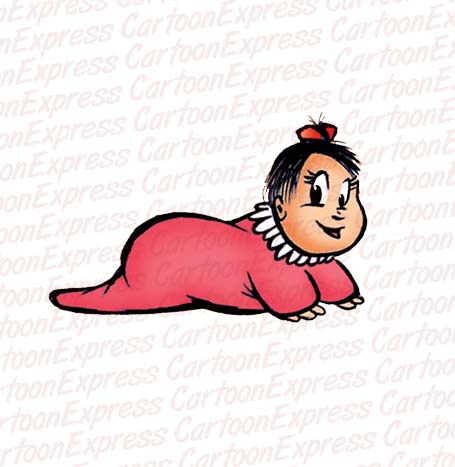
Your Child's First Words
Your baby will probably start with coos and gurgles around 0 to 3 months. He'll suck in air to tell you that he heard a sound, and he'll respond to your voice with calm eye contact. As he grows, he'll start to babble nonsense, like 'mama,' 'dada,' or 'gaga.' By the time your child is 7 to 12 months of age, his baby babble will begin to form coherent words. Then, he'll start to say one, two, and three-word sentences. Do remember that every child begins to develop language at his own time; and that throughout childhood, your infant knows more words than he can say. So, it shouldn't cause you major concern if your child does not perfectly conform to the developmental road maps set forth by doctors, scientists, or other well-meaning parents. Take note though if your child is not interested in communication or does not make eye contact with you. This may indicate a developmental or language delay.
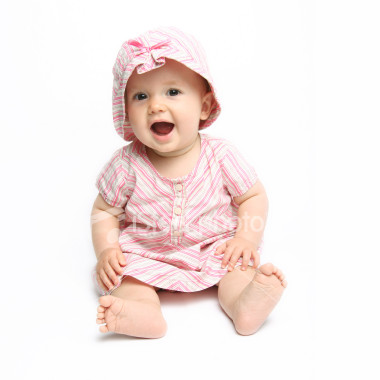
It's A Baby's World
Babies' first words are often 'mama' or 'dada,' not only because Mom and Dad are important figures in babies' lives, but also because the words consist of the repeated sounds that babies are likely to babble. Be aware, however: Most children say 'dada' before they say 'mama.' If your baby can't call for her mother yet, it's not because she doesn't love you. It's simply because 'dada' is easier to say. It requires less movement of the mouth and tongue! So, if your baby just started to babble 'dada,' it's likely nonspecific, which means that you have even less cause to question her love. She's not proclaiming a parental preference. She's just jabbering, and she certainly loves you as much as she loves her father.
When Your Child Is Crying
Your child may have started to babble, but he is still an infant. He will continue to cry. He needs to cry to communicate with you! Because he does not have full command of language, he will tell you with cries when he is upset, comfortable, bored, or just angry. Soothe his needs as you did before he babbled, and comfort yourself: Soon, he'll be able to tell you with words when his diaper is wet.
Parenting Resources
- www.themomsblog.com
- Parents Connect | Parenting Tips, Parent Advice & Kids Recipes
Get expert parenting advice, tips, & recipes for all stages of raising your child, plus connect with other parents on ParentsConnect.com. - Parenting Class Parenting Classes Parenting Choice Family Stabilization Course
ParentingChoice is an interactive online Parenting Class, This parenting course is approved by the Fl Department of Children & Families to satisfy the Parent Education & Family Stabilization course required for divorce, adoptons and foster ca - Parenting.com - The home of Parenting and Babytalk
Parenting.com is all about you. Community, recipes, mom-tested gear, photo galleries of your kids, mom tips you can't live without and more of what you've been asking for.


